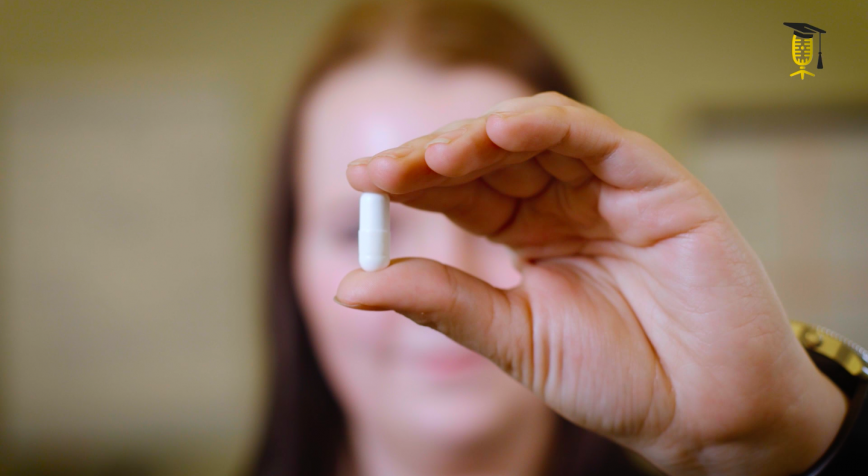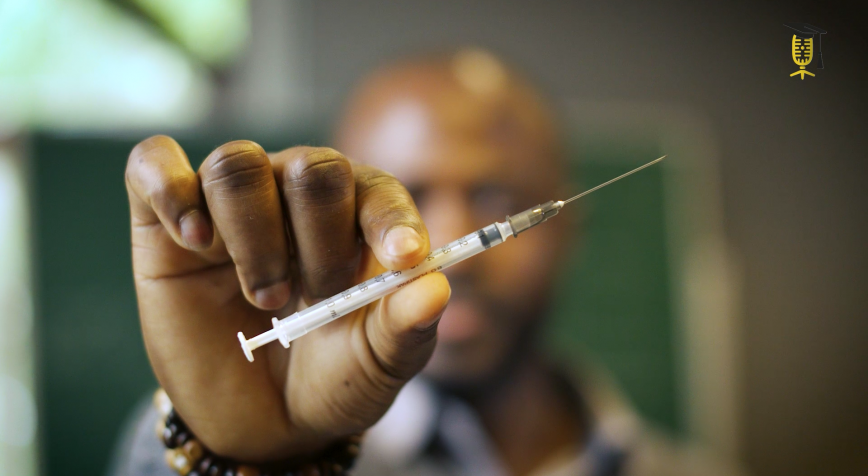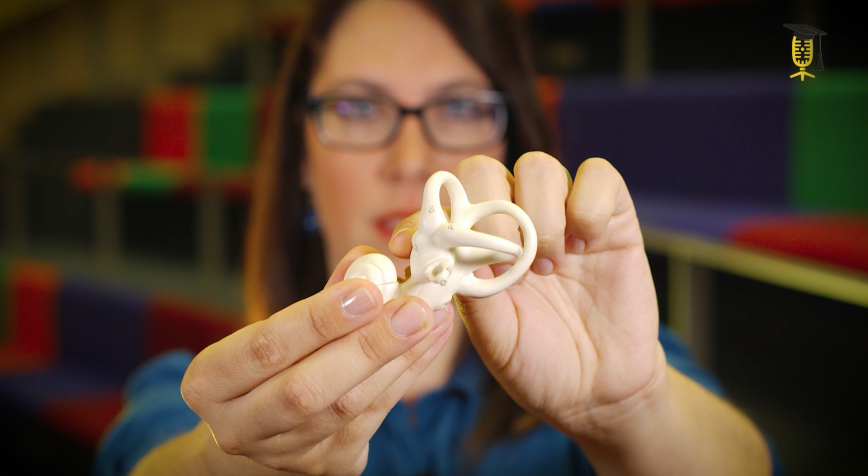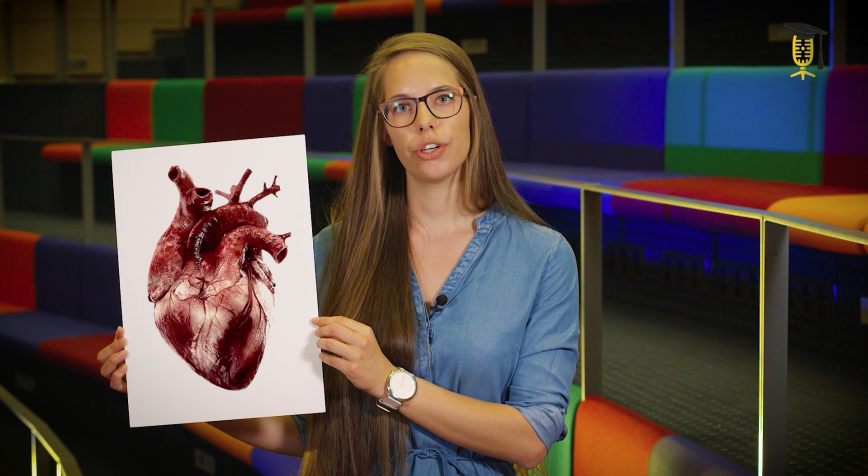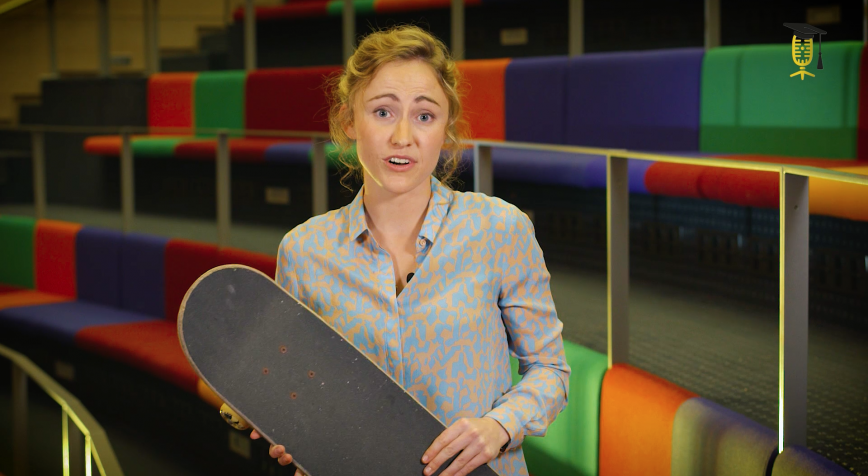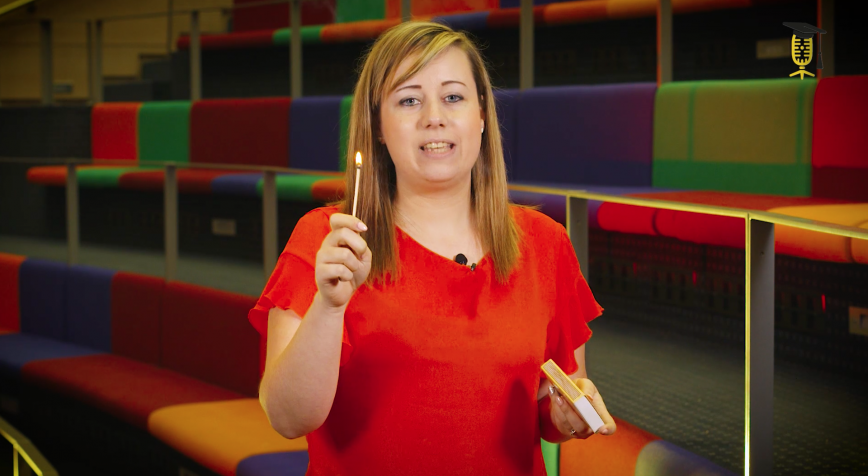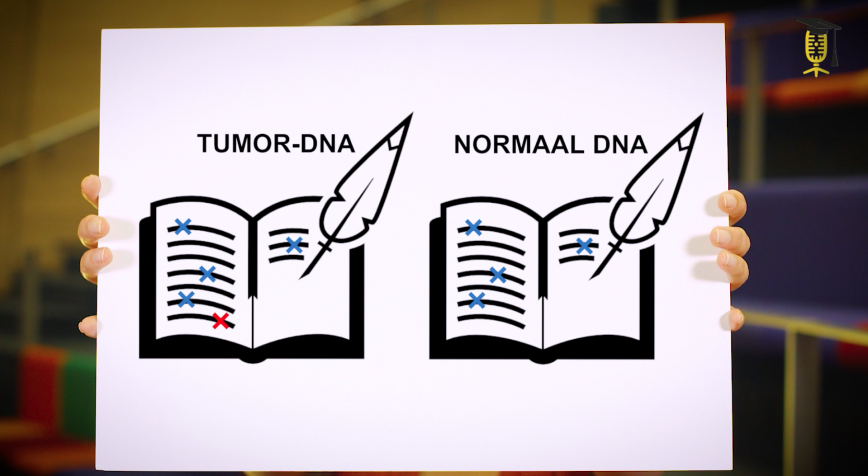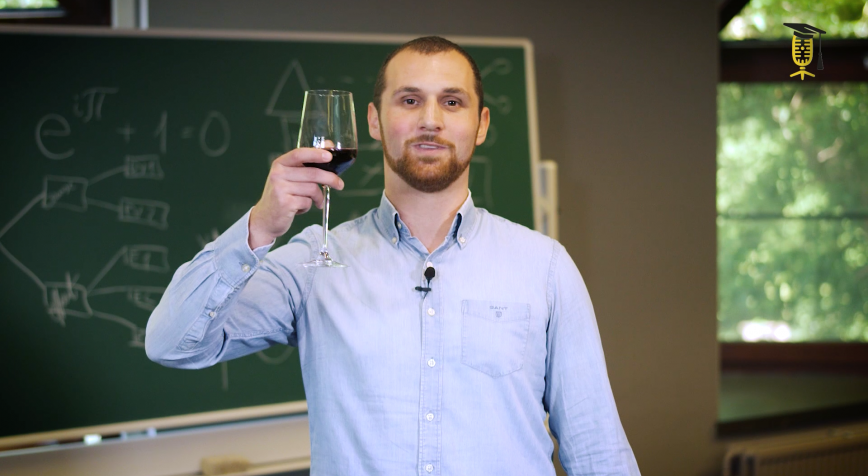
FWO
KU Leuven
Killing bad bugs!
From sour wine, to Egyptians and Romans, to the wonderful discovery of Louis Pasteur some 150 years ago: Alexander Cambré tells you about bad bacteria and how they make us sick. In his research he tries to understand more about the Salmonella bacteria so that we can combat them better.

